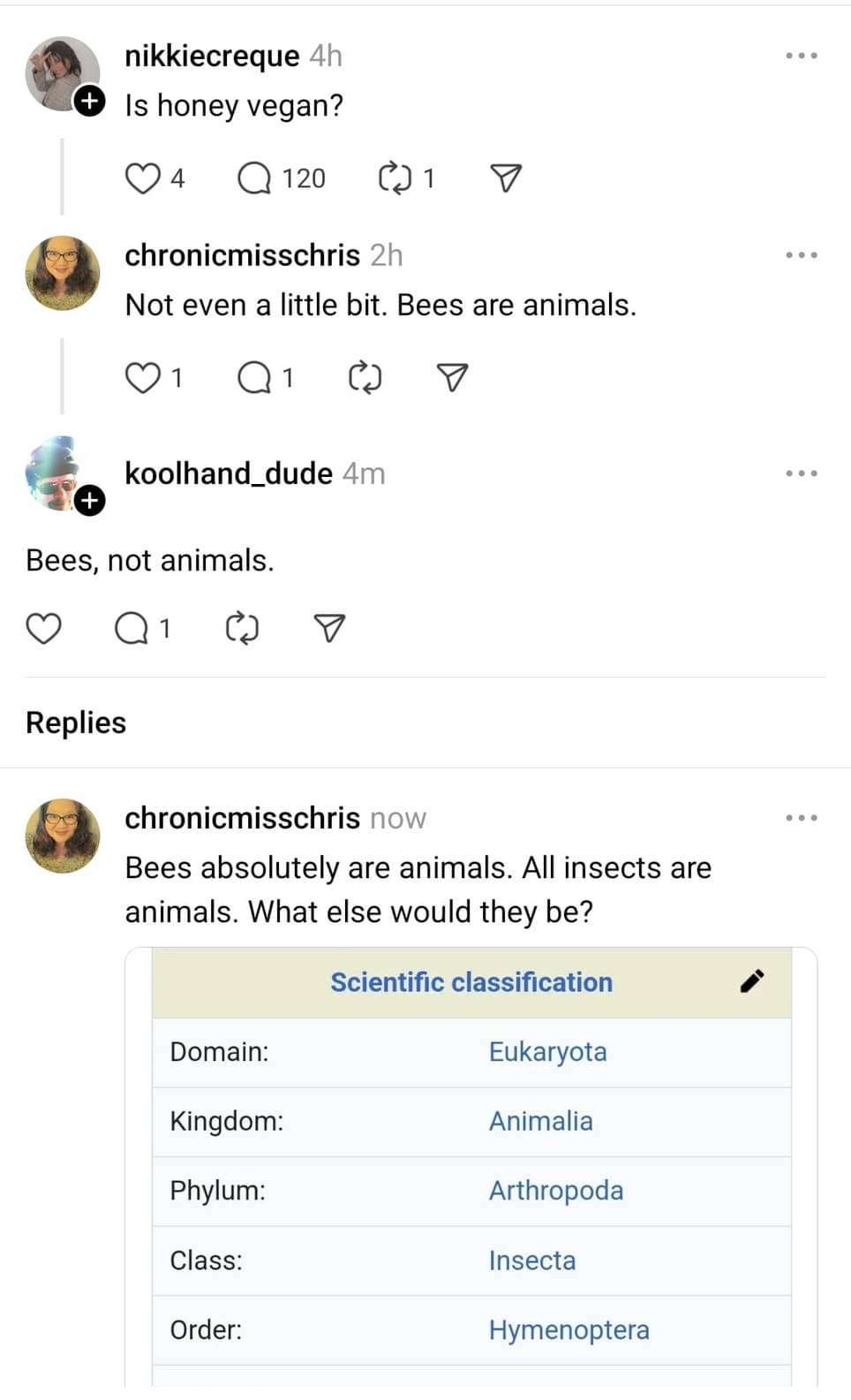this post was submitted on 19 Oct 2024
578 points (97.8% liked)
Science Memes
10709 readers
3225 users here now
Welcome to c/science_memes @ Mander.xyz!
A place for majestic STEMLORD peacocking, as well as memes about the realities of working in a lab.

Rules
- Don't throw mud. Behave like an intellectual and remember the human.
- Keep it rooted (on topic).
- No spam.
- Infographics welcome, get schooled.
Research Committee
Other Mander Communities
Science and Research
Biology and Life Sciences
- [email protected]
- [email protected]
- [email protected]
- [email protected]
- [email protected]
- [email protected]
- [email protected]
- [email protected]
- [email protected]
- [email protected]
- [email protected]
- [email protected]
- [email protected]
- [email protected]
- [email protected]
- [email protected]
- [email protected]
- [email protected]
- [email protected]
- [email protected]
- [email protected]
- [email protected]
- [email protected]
- [email protected]
- !reptiles and [email protected]
Physical Sciences
- [email protected]
- [email protected]
- [email protected]
- [email protected]
- [email protected]
- [email protected]
- [email protected]
- [email protected]
- [email protected]
Humanities and Social Sciences
Practical and Applied Sciences
- !exercise-and [email protected]
- [email protected]
- !self [email protected]
- [email protected]
- [email protected]
- [email protected]
Memes
Miscellaneous
founded 2 years ago
MODERATORS
you are viewing a single comment's thread
view the rest of the comments
view the rest of the comments

Seems like a weird thing though. A lot of domesticated animals can't survive in the wild. And even the ones that can, it would only be in certain parts of the world, and they'd be an invasive species.
So do we want all of those animals to go extinct? If you eliminate all farm related activities with these animals, give them a place to live out the rest of their lives, but then what? But do you not allow them to breed? Or just let them all die off so they go extinct?
Or do you keep some of them in zoos? Given they've been bred to live on a farm, does that mean you have zoos that are identical to farms? And if you can get milk, eggs and honey from these animals if they're technically living in zoo (which is exactly like a farm in every way) what's been accomplished?
This is a very common argument and it's a little shortsighted, because the answer is broadly "yes". Reducing the number of cows/chickens/etc in the world is a net positive, and would only require us to stop force breeding them like it's some kind of degenerate poultry hentai. Allowing the species to reduce in population is only of benefit to the species (cough humans cough) and is overall desirable. Keeping some in zoos would be fine, maintaining the native wild populations is also a good plan, small scale farms ("family" or "hobby") farms where they don't brutalize the animals is also a feature of most vegan utopias. Take india, where most of the population is vegan: there are still cows on farms, cow-derived produce is still available, it's just the cows aren't kept in American-style stock farms.
YMMV, and like any ideology there are other opinions with equally valid outlooks, this is just what I see most often. (full disclosure, I am not a vegan (there's plenty of evidence to that in my post history), I just sleep with a lot of vegans and quite like chana masala)
(There's also a pretty... sane... subgroup that proposes 'corrective breeding'; a process wherein we undo the destructive changes humans introduced to the species and return them to what would be found in their 'natural' state. "Contentious" is probably the best description.)
Most indian population is definitely not vegan. there have been various surveys that show the percentage of the vegetarian population is between 23% and 37%. That means 63% to 77% are non-vegetarian. It's a myth, a big one, that India is mainly a vegetarian country.
Not even the majority of Indians are vegetarians, much less vegans.
Many Indians I've worked with are sort of semi-vegetarian, eating meat but only on certain days. I think that's specific religious doctrine rather than a general attitude about animals - like Catholics eating fish on Friday.